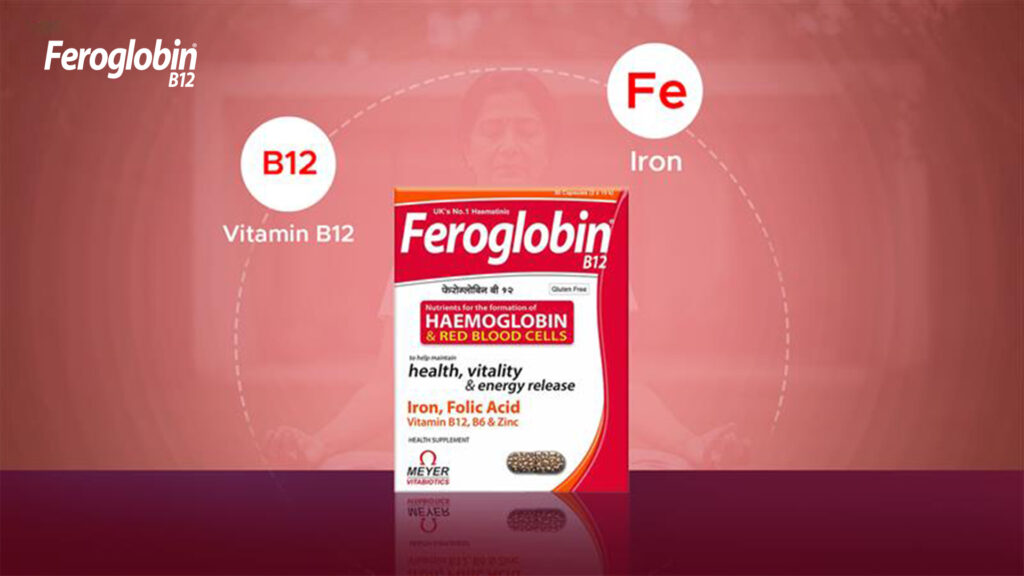Calcium After 30: Unlocking the Secrets to Lifelong Bone Health

Calcium is an indispensable mineral that is crucial in maintaining overall health and well-being. From supporting strong bones and teeth to regulating blood pressure and muscle functions, calcium is a fundamental nutrient for our body. While calcium-rich foods are essential, many individuals opt for calcium supplements like Calcimax Forte Plus, Calcimax P to meet their daily requirements. In this article, we will explore the importance of calcium, the benefits of calcium supplementation, factors influencing calcium absorption, and the significance of Vitabiotics’ Calcium Forte Plus Tablets in promoting lifelong bone health.
The Importance of Calcium in Women After 30
As we age, our bones undergo continuous remodeling, with calcium being deposited and withdrawn from them. During childhood and adolescence, bone formation surpasses breakdown, leading to a net increase in bone mass. However, after the age of approximately 30, the rate of bone formation and breakdown becomes comparable. For post-menopausal women, bone breakdown exceeds new bone formation, resulting in a decline in bone density and an increased risk of osteoporosis. Adequate calcium intake, achieved through supplements like Calcimax Forte Plus, is crucial to maintain optimal calcium levels and reduce the risk of fractures.
Factors Affecting Calcium Absorption
Several factors can influence the absorption of calcium in the body. Vitamin D, often referred to as the “sunshine vitamin,” is vital for calcium absorption. It promotes the absorption of calcium from the intestines into the bloodstream, making it an indispensable partner in calcium supplementation. Ensuring adequate vitamin D levels, either through exposure to sunlight or vitamin D supplements, can significantly enhance the benefits of calcium supplementation.
Additionally, specific dietary components can hinder calcium absorption. Oxalates and phytates, naturally occurring compounds found in some plant-based foods, can form complexes with calcium, reducing its bioavailability. However, this doesn’t mean that you should avoid consuming these foods altogether. A well-balanced diet that includes a variety of calcium-rich foods and vitamin D sources can still provide the necessary nutrients for bone health.
Roles of Calcium in Our Body
Calcium serves various essential functions in our body, such as:
- Supporting Dental Health: Calcium, along with phosphate and fluoride, forms the mineral component of tooth enamel, protecting teeth from decay and maintaining strong dental health.
- Regulating Blood Pressure: Studies have indicated that sufficient calcium intake can help regulate blood pressure, blood clotting, and heart rhythm, potentially reducing the risk of hypertension and cardiovascular disease.
- Reducing Risk of Colon Cancer: Multiple studies have shown that higher calcium intake is associated with a decreased risk of colon cancer.
- Alleviating PMS Symptoms: Calcium supplementation may help alleviate symptoms associated with premenstrual syndrome (PMS) in women, such as mood swings, bloating, and cramps.
The Science Behind Calcium Supplementation
Calcium supplements are available in different forms, such as calcium carbonate and calcium citrate, each with unique absorption mechanisms. Calcium carbonate, found in products like Calcimax Forte Plus, requires stomach acid for proper absorption. Therefore, it is advisable to take these supplements with meals to enhance absorption. On the other hand, calcium citrate does not depend on stomach acid, making it suitable for individuals with low stomach acid levels or those taking medications that reduce stomach acid.
Timing is crucial for calcium supplementation, as the body can only absorb a limited amount of calcium at once. To optimize absorption, it is recommended to split the daily dosage into two or more smaller doses throughout the day.
Factors Affecting Calcium Absorption
Several factors influence the absorption of calcium in the body. Vitamin D, often referred to as the “sunshine vitamin,” plays a vital role in calcium absorption. It promotes the absorption of calcium from the intestines into the bloodstream, making it an indispensable partner in calcium supplementation. Ensuring adequate vitamin D levels, either through exposure to sunlight or vitamin D supplements, or by taking Calcimax Tablet can significantly enhance the benefits of calcium supplementation.
Additionally, specific dietary components can hinder calcium absorption. Oxalates and phytates, naturally occurring compounds found in some plant-based foods, can form complexes with calcium, reducing its bioavailability. However, it is essential to maintain a well-balanced diet that includes a variety of calcium-rich foods and vitamin D sources, as they can still provide the necessary nutrients for bone health.
The Dietary Requirement for Calcium
The recommended dietary allowance (RDA) for calcium varies based on age, sex, and medical conditions. For women aged 19 to 50 years, the RDA is 1000 mg per day, while for women aged 51 years and above, it is 1200 mg per day. Pregnant and lactating women are also advised to consume 1000 mg of calcium daily to support fetal development and breast milk production.
Sources of Calcium
A well-balanced diet can provide sufficient calcium, with vitamin D playing a crucial role in the body’s effective absorption and utilization of calcium from calcium-rich foods. Some excellent dietary sources of calcium include:
Dairy products
Dark green leafy vegetables
Fortified cereals, bread, pasta, etc.
Fortified juices
Fish like salmon and sardines
For individuals unable to obtain adequate calcium from their diet, appropriate calcium supplementation may be necessary. This is especially true for those with lactose intolerance or gut disorders that hinder calcium absorption, as well as vegans and individuals consuming high protein and sodium diets. Vitabiotics, the world’s no. 1 multivitamin company, offers a wide range of calcium supplements like Calcimax Forte Plus.
The Power of Calcium Forte Plus Tablets
Calcimax Forte Plus from Vitabiotics is a specially formulated calcium supplement designed to aid in better calcium absorption from the diet. Consuming one tablet of Calcimax Forte Plus twice daily can replenish low calcium and high phosphate levels, making it suitable for various conditions like pregnancy-induced hypertension (PIH), preeclampsia during pregnancy, thyroid disorders, postpartum bone loss, lactation, diabetes, osteoporosis, osteopenia, and amenorrhea.
Incorporating Calcium Forte Plus Tablets into your daily routine can empower you to take charge of your bone health, ensuring you get the calcium you need, even after age 30. So, why wait? Grab your pack of Calcium Forte Plus from Vitabiotics. today and embark on the journey to stronger bones and a healthier you!
Categories
- Articles (1)
- Beauty, Hair, Skin (19)
- Kids-Teens Health (3)
- Men's Health (14)
- Mind-Body (63)
- News-Research (9)
- Others (3)
- Women's Health (22)
Top Selling Products
Wellwoman 50+ Multivitamin Tablets for Women Aged 50 Plus | 30 Veg Tablets
₹516.80 (₹17.23/Tablet)
MRP: ₹646.00 (Upto 20% off)
Wellman 70+ Multivitamin Tablets for Men Aged 70 Plus | 30 Veg Tablets
₹379.20 (₹12.64/Tablet)
MRP: ₹474.00 (Upto 20% off)
Wellman 50+ Multivitamin Tablets for Men Aged 50 Plus | 30 Veg Tablets
₹360.00 (₹12.00/Tablet)
MRP: ₹450.00 (Upto 20% off)
Wellwoman 70+ Multivitamin Tablets for Women Aged 70 Plus | 30 Veg Tablets
₹374.40 (₹12.48/Tablet)
MRP: ₹468.00 (Upto 20% off)
Wellman Multivitamin Tablets for Men | 30 Veg Tablets
₹350.40 (₹11.68/Tablet)
MRP: ₹438.00 (Upto 20% off)










